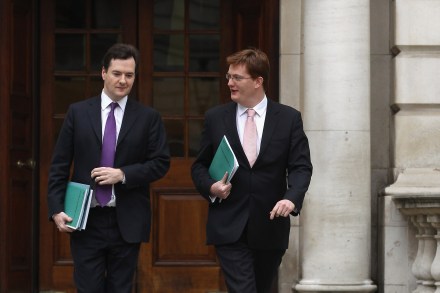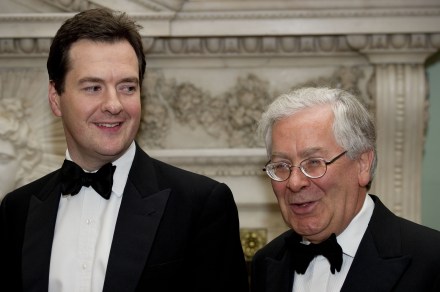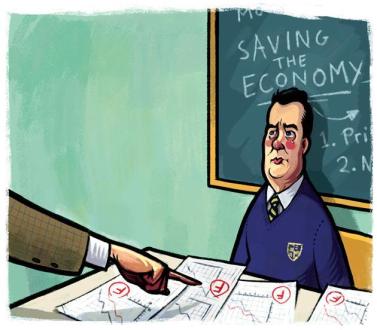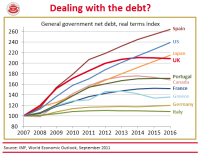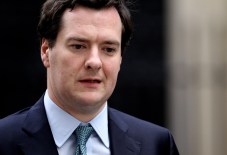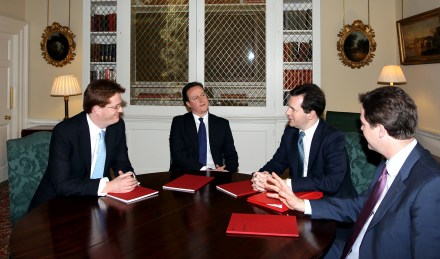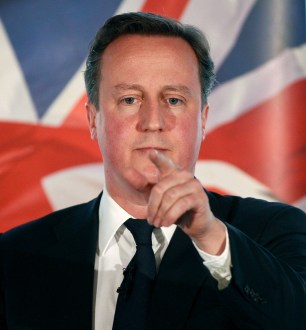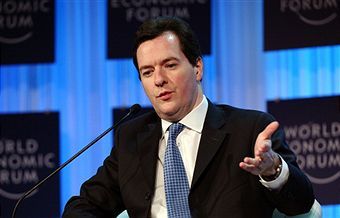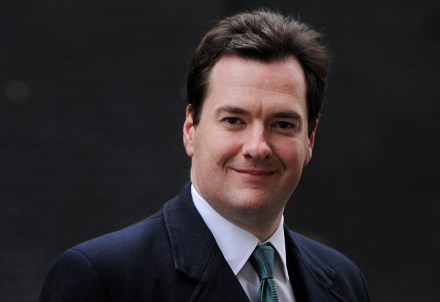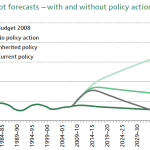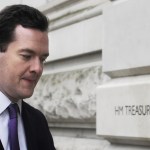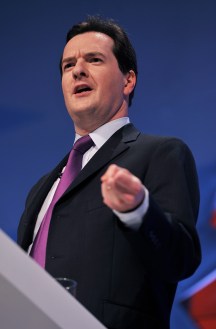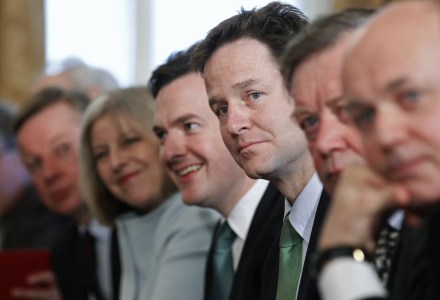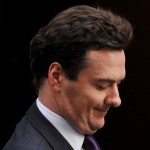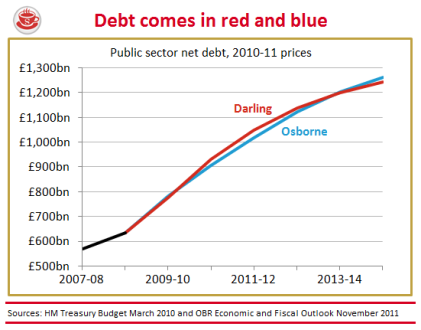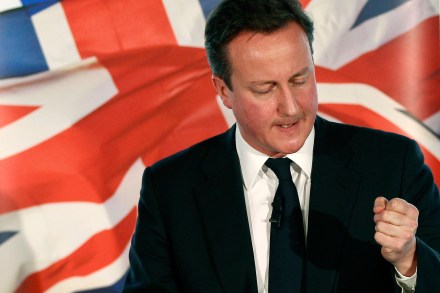The tax debate at the heart of the Budget
The run-up to last year’s Budget was all about fuel duty. This year it’ll be all about direct taxes. The Lib Dems are determined to put their manifesto pledge of raising the income tax personal allowance to £10,000 front and centre. They already managed to turn this promise into government policy in the Coalition Agreement, and last year’s Budget announced that the threshold would rise to £8,105 in April this year. But Nick Clegg’s made clear that he wants to go ‘further and faster’ on this. The Conservative response at the Treasury – according to today’s Telegraph – is simple: ‘how are they going to pay for it?’ Initially, Nick
